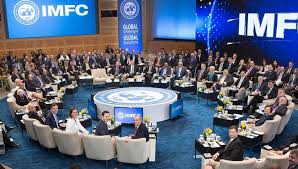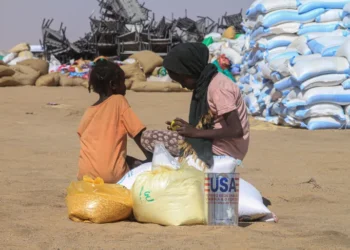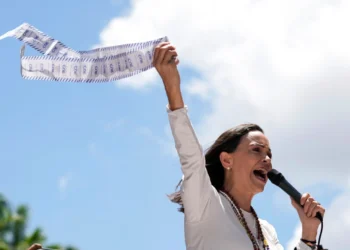The International Monetary Fund (IMF) has asserted that even though the approval and rollout of vaccines have boosted expectations of a global recovery, an inequitable distribution of them poses the risk of exacerbating financial vulnerabilities, especially for frontier market economies.
Therefore, Policymakers have been encouraged by the International Monetary Fund to continue to provide support until a sustainable recovery takes hold as underdelivery may pose a threat to the global financial system and could go a long way to jeopardize the healing of the global economy.
This remains vital to lessen lingering uncertainties, build a bridge to the recovery, and ensure financial stability amid the coronavirus pandemic.
“Announcements and rollout of vaccines have boosted hopes of a global economic recovery in 2021 and pushed risk asset prices higher.
“The speed of the recovery will depend crucially on production, distribution networks, and access to vaccines
“Until vaccines are widely available, the market rally and the economic recovery remain predicated on continued monetary and fiscal policy support”.
Additionally, though Frontier markets are more established than the least developed countries (LDCs), it’s quite small, carries too much inherent risk, and it’s too illiquid to be considered an emerging market.
As a result of such frontier markets being extremely vulnerable to economic and environmental shocks, an uneven vaccine distribution and a delayed recovery could imperil capital flows as well as cause some countries to face daunting challenges.
At this point the International Monetary Fund holds that a bridge to the point where vaccines are widely available requires preserving monetary policy accommodation, ensuring liquidity support to households and firms, and keeping financial risks at bay.
The policy support remains the likely solution because policy accommodation has mitigated liquidity strains so far, but solvency pressures may resurface in the near future, especially in riskier segments of credit markets and sectors hit hard by the pandemic.

“With the recovery still nascent, and inflation still expected to be subdued, monetary policy is anticipated to remain accommodative for years to come”.
“Profitability challenges in the low-interest-rate environment may weigh on banks’ ability and willingness to lend in the future.
“The IMF and other multilateral institutions stand ready to provide further support should further downside risks materialize,” The IMF revealed.
However, Policymakers have been cautioned by the International Monetary Fund to be also cognizant of the risks of a market correction should investors suddenly reassess growth prospects or the policy outlook.
The International Monetary Fund finally hinted that Financial stability risks are in check so far, but action is needed to address financial vulnerabilities exposed by the crisis. As such, the global community should strive for multilateral cooperation in equitable vaccine development and delivery across the world to ensure an even and complete economic recovery.
“Policymakers should safeguard the progress made so far and build on the rollout of vaccines to return to sustainable growth.
“Employing macroprudential policies to tackle these vulnerabilities is crucial to avoid putting growth at risk in the medium term”.























